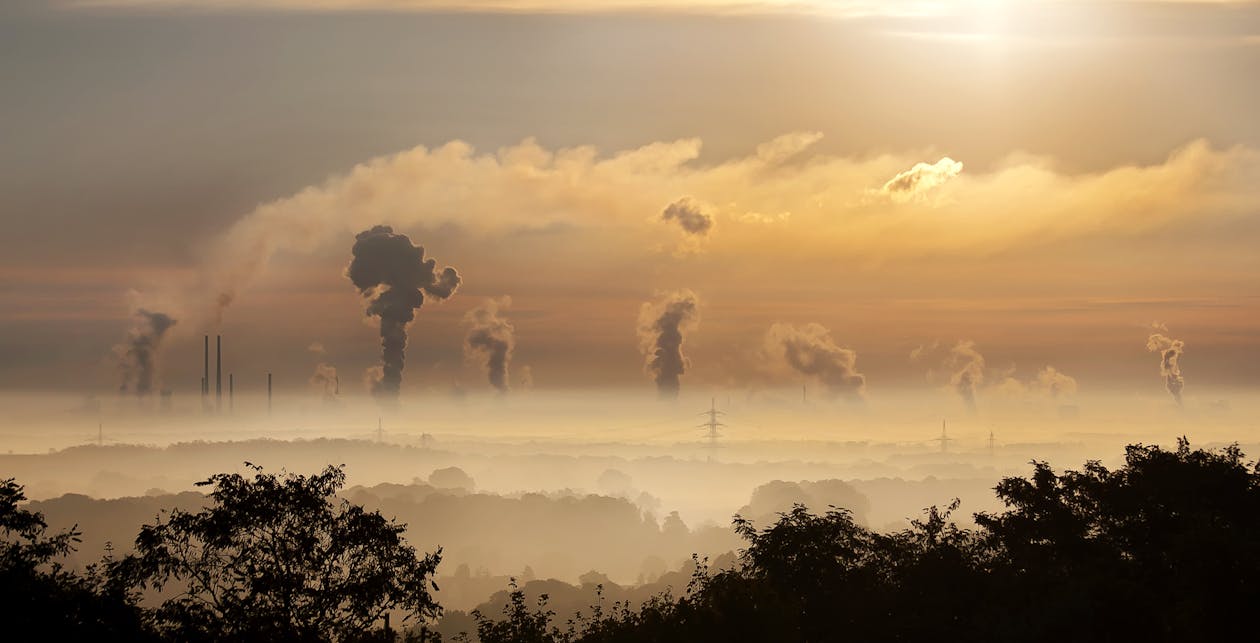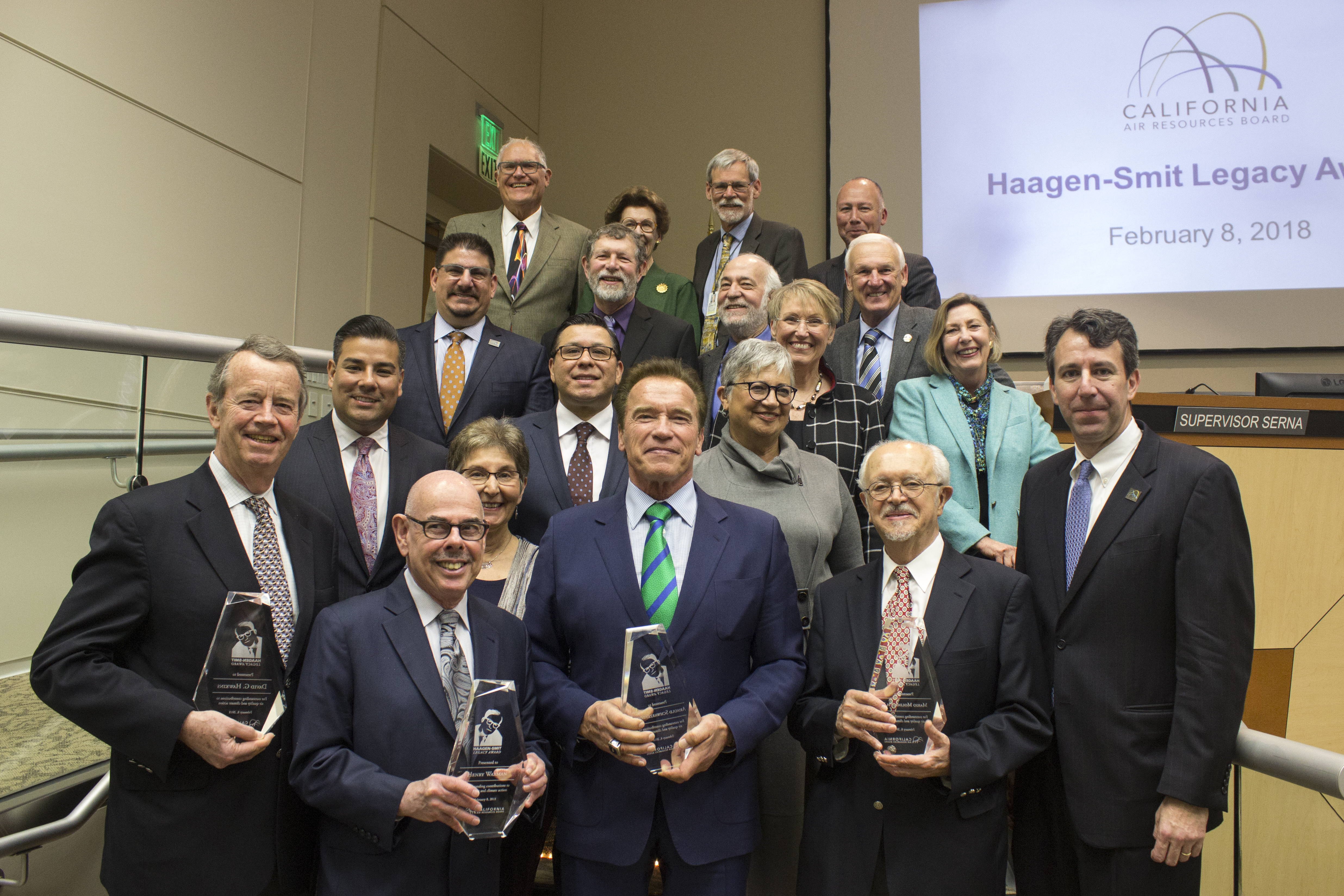Remember this the next time you find yourself walking down the aisles of your local Whole Foods Market, thinking about what a healthy choice you have made by shopping there instead of one of the other major grocery chains: the California Air Resources Board (CARB)
just fined Whole Foods for selling products that violated California's air pollution laws.
You read that correctly. Whole Foods and other companies were found to be selling products that emitted levels of air pollution that are not allowed in the state. The chemicals released, called Volatile Organic Compounds (VOCs), are key components in the formation of photochemical smog. They are found in a variety of common household cleaners, air fresheners, lubricants, and other products.
Whole Foods was fined $5,250 for selling imported products that did not meet California's requirements.
Similarly, Hobby Lobby was fined $4.920 and Walgreens was fined $80,000 for selling products labeled as "not for sale in California."
Other companies found to be in violation of air pollution laws were Walmart Stores Inc., Save Mart Companies, and TJX Companies.
“Many common household products contain compounds that contribute to ground level ozone formation,” explains CARB Enforcement Division Chief Todd Sax. “Breathing in ozone may cause people to experience chest pain, coughing and throat irritation. It is important that retailers understand their role to ensure household products they sell meet clean air standards before those products reach California households.”
For more information about chemicals found in common household products, please click on the following link: Consumer Products and Air Pollution

















